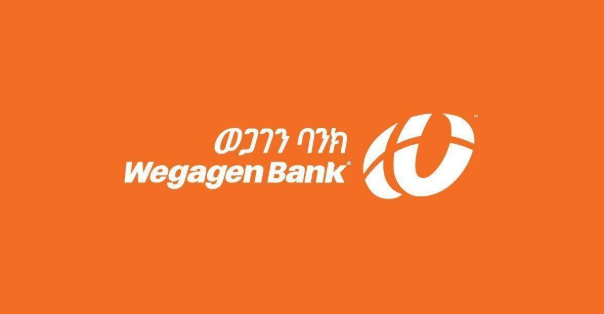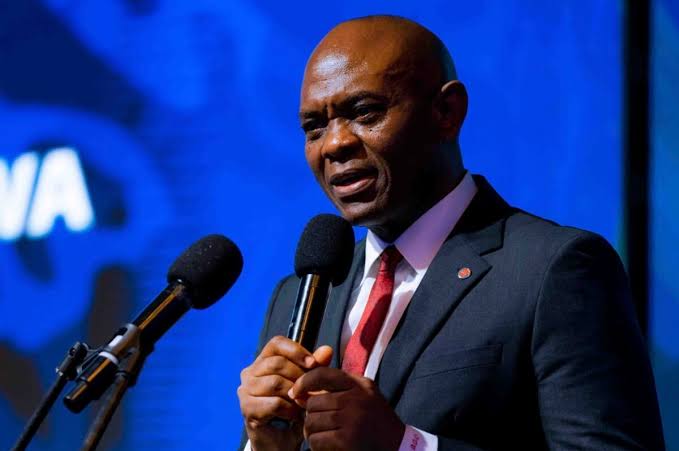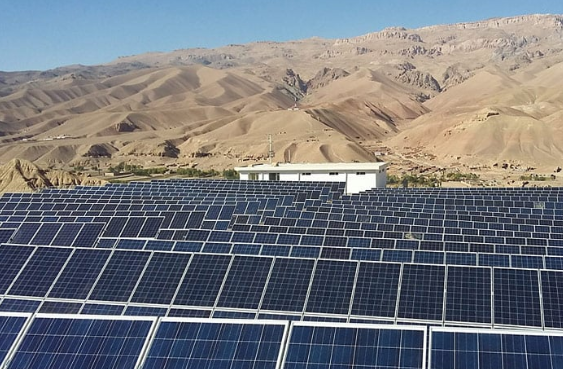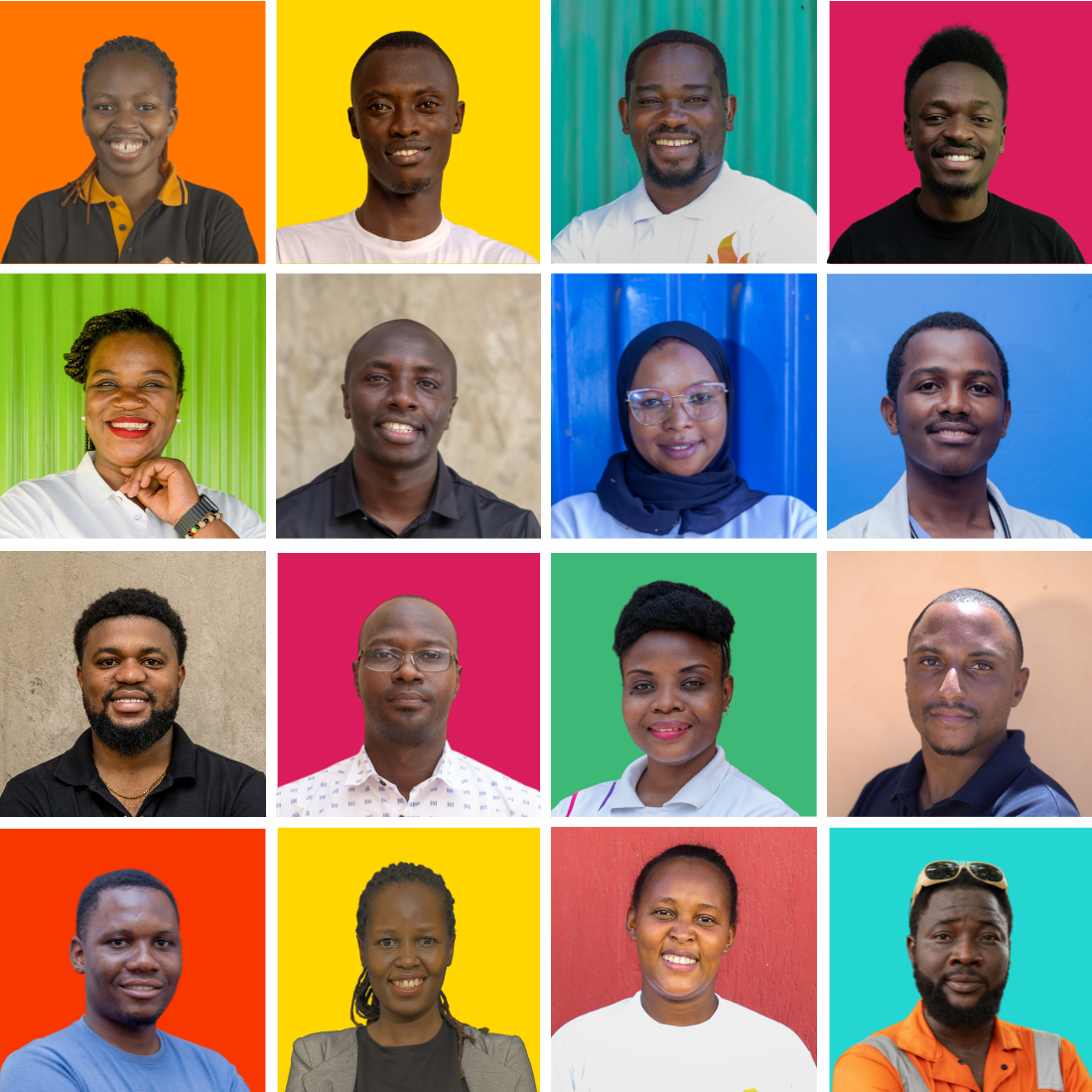Days after receiving its licence as one of the first investment banks in Ethiopia, Wegagen Capital Investment Bank S.C. (WCIB) appointed Brutawit Dawit, a seasoned banker with decades of experience in the financial industry, as its CEO. The announcement was made on Monday.
As the CEO of Wegagen Capital Investment Bank, Brutawit Dawit, with 30 years of industry experience, will lead the bank in advancing Ethiopia’s capital market.
With her vast credentials and track record of leadership, which includes positions at Wegagen and Zemen banks, Brutawit is well-positioned to influence the emerging capital market.
Read also: AfricInvest and Swedfund champion gender inclusion with new €15 million fund
Significant milestone in Ethiopia’s financial industry
With a starting capital of 385 million Br, WCIB is the nation’s first official investment bank, marking a significant milestone in the financial industry.
WCIB intends to open doors into the asset and wealth management industries while offering full financial advisory and broking services.
Wegagen Bank’s president and Board Chair of the recently formed investment bank, Aklilu Wubet (PhD), expressed hope for the WCIB’s possible contribution to the developing capital market. Companies that wish to sell their shares to the public require organisations that can carry out in-depth feasibility studies and offer crucial consulting services, according to Aklilu.
Aklilu also disclosed that Wegagen Bank, Ethiopia’s only listed company on the Ethiopian Securities Exchange (ESX), plans to leverage these opportunities and establish a presence in every listed company within the emerging capital market.
Licensing of the new investment banks
The Ethiopian Capital Market Authority (ECMA) on Thursday licensed the country’s first investment banks, marking a major milestone in the financial sector.
The newly approved institutions, Wegagen Capital Investment Bank Stock Company along with CBE Capital Stock Company, are poised to introduce a new era of investment banking in Ethiopia.
Alongside the two investment banks, ECMA has granted licenses to other key capital market players. HST Investment Advisory Services and Equus Securities Investment Advisor are now officially accredited as Securities Investment Advisors, while Ethio-Fidelity Securities Stock Company has been authorized as a Securities Market Operator.
Significance of newly licensed investment banks to Ethiopia’s market diversification
These new capital market service providers’ arrival is essential to Ethiopia’s market’s diversification and provision of essential services to the general population.
Investment banking, advisory services, and securities transaction execution are among the services offered.
Better capital-raising and investment opportunities will become possible as a result of this expansion, which will provide the market new depth and efficiency.
It is anticipated that these new service providers will increase investor confidence, advance market equity, and offer improved capital-raising instruments, hence opening up the market to institutional and individual investors.









